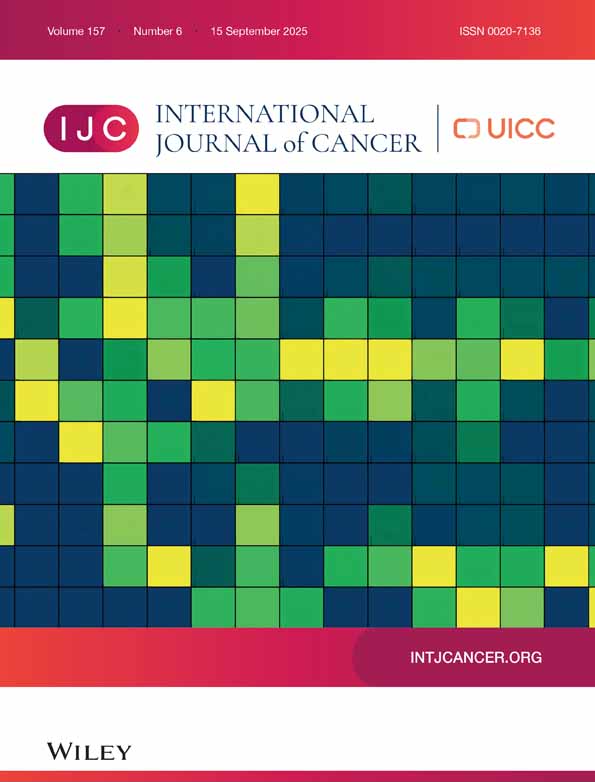Effect of ethanol on hepatocarcinogenesis initiated in rats with 3′-methyl-4-dimethylaminoazobenzene in the absence of liver injuries
Abstract
In this study special care was taken to discriminate between the direct effect of ethanol on hepatocarcinogenesis and secondary effects such as choline deficiency or fatty liver. Rats were divided into 2 groups, D and N. Group D was initiated using 3′-Me-DAB, while the control group N was not initiated. Groups N and D were divided into 4 sub-groups. Each subgroup was given, in the drinking water, one of the following ethanol solutions: 0, 5, 10 or 15% for 45 weeks. Liver tumors were induced only in D groups. Evidence obtained indicates that: (a) in the N group, ethanol did not cause any apparent disorders in histology and lipid metabolism, and (b) in the D group no significant differences were observed in the incidence of HCCs and other liver lesions. Ethanol thus does not appear to enhance hepatocarcinogenesis, at least in the absence of liver injury.




